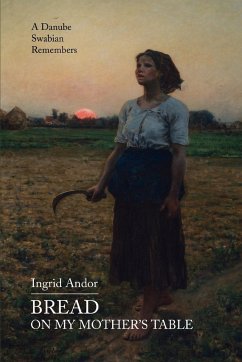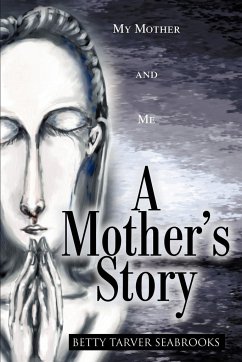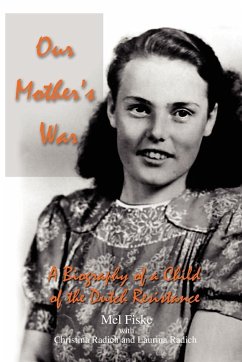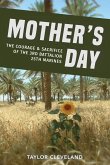Can the world accept ethnic Germans as victims of World War II? Are there similarities in the Holocausts that the Jews and the ethnic Germans suffered? Will Germans always be perceived as stereotypical villains, even those who are innocent victims? Can this book help heal the wounds of those forced to be unpopular, unacknowledged victims because of their ethnic heritage? Bread on My Mother's Table: A Danube Swabian Remembers examines the effects of the hidden genocide that occurred at the end of World War II in which a family of ethnic Germans in Yugoslavia was condemned to be victims of expulsion, ethnic cleansing, and forced labor in concentration camps at the hands of Russian and partisan soldiers. In a tapestry of episodes and family portraits which comprise this literary memoir, the author weaves a tale which illuminates, compares, exposes, and shares a family's history and their journey from feast to famine, from farmers to prisoners, from refugees to immigrants, and from American citizens to land owners once again. This is the story of one family's quiet struggle and victory over adversity told by a first generation progeny who takes the reader on a parallel journey of rediscovery and acceptance of her cultural identity.
Hinweis: Dieser Artikel kann nur an eine deutsche Lieferadresse ausgeliefert werden.
Hinweis: Dieser Artikel kann nur an eine deutsche Lieferadresse ausgeliefert werden.








